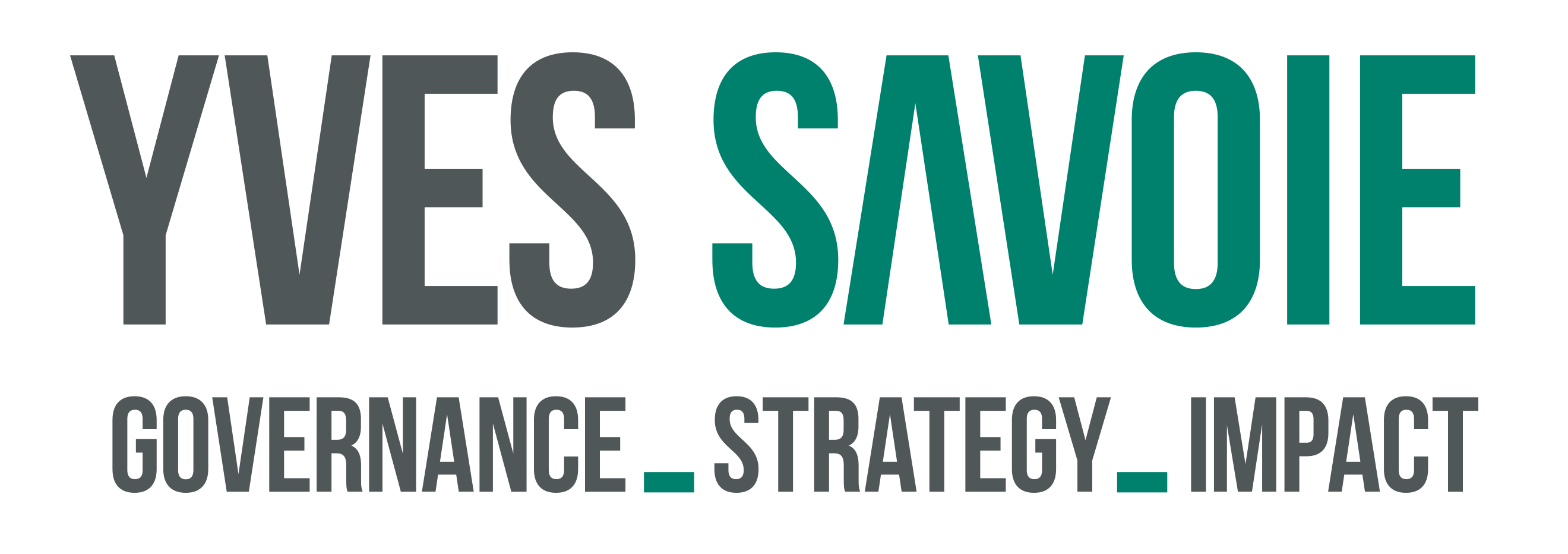a unique approach
Organizations as complex organisms that are profoundly human and social
I am a people person, an extrovert who finds energy in being with others.
My teachers – including Frances Westley and Henry Mintzberg – have conditioned me to understand organizations not as machines with the predictability that the machine metaphor supposes but as complex organisms that are profoundly human and social. I approach problems from the various human perspectives which intersect in the reality of most charitable and non-profit organizations. Rules, structures and formal processes can account only for so much in the life of organizations. Culture and the normative realities that encode behaviors are equally as important and leaders can be intentional in shaping that landscape. In my work on governance and strategy, I explore both formal processes and structures, and the culture and values of organizations.
Traditional methods of seeing the world compare its workings to a machine. We say ‘things are working like clockwork’ or ‘things are working like a well-oiled machine,’ and people are seen as ‘human resources’ who use management ‘tools.’ By using a machine metaphor, often unconsciously, we ignore the living aspects of our world and our work. Complexity science embraces life as it is: unpredictable, emergent, evolving and adaptable – not the least bit machine-like. And though it implies that even though we cannot control the world the way we can control a machine, we are not powerless, either. Using insights about how the world is changed, we can become active participants in shaping those changes.’

VALUES-BASED COUNSEL
diversity LEADS TO BETTER DECISIONS
I am a person of high integrity and have engaged others in becoming values-based leaders.
I prize diversity in groups, and diverse perspectives in conversations always with the capacity for respectful disagreements. Diversity leads to better decisions. And better decisions are made when people have the courage to speak with conviction and without fear of retribution. Often, drawing out minority viewpoints requires intentionally giving voice to those who are or at risk of being marginalized or may require extra efforts to harvest those views through surveys, key informant interviews or by using technologies to build consensus.
My VALUE PROPOSITION
A Tailored approach TO YOUR ORGANIZATION’S NEEDS
My work is tailored to meet the varied and changing needs of organizations of different sizes and in different sub-sectors. Because I have led a number of large national organizations, I bring insights to the challenge of being national – both in being efficient and responsive to local and regional contexts.
I straddle Canada’s two official languages with ease and have a deep appreciation of the cultural realities of French and English Canada. I have lived in Toronto and have witnessed its transformation into a global metropolis that is unrivaled in its diversity. I celebrate how Canada has become a beacon for those wishing to celebrate diversity as a powerful vision for nation-building. I am very attuned to Québec’s distinct social and cultural place within Canada and know intimately the reality of Canada’s French-language minorities. As an Acadian from New Brunswick, this is in my DNA and it informs how I work to create a sense of purpose in organizations that aim to be truly pan-Canadian. At Heart & Stroke, I had the honour of working with some of Canada’s Indigenous leaders and am humble in the face of the opportunity to create more capacity in our sector to respond to the clarion calls of the Truth and Reconciliation Commission.

